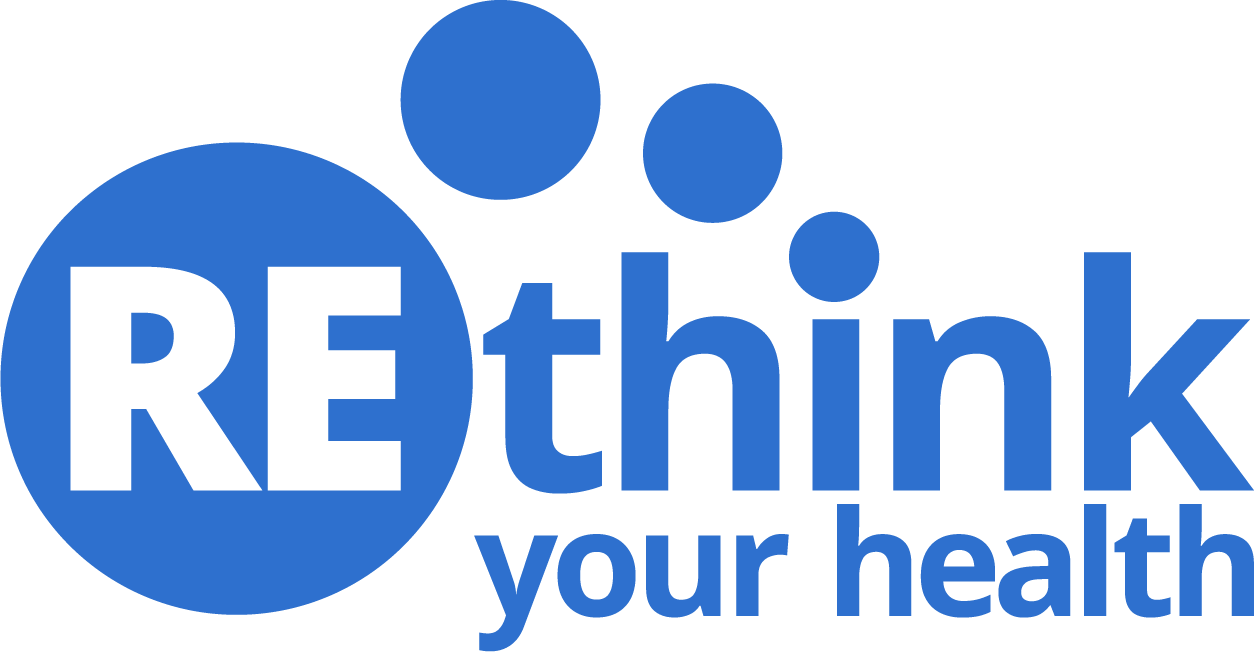WHAT IF YOU WANT A BABY
When we imagine a baby, we usually think of a pleasant-smelling bundle that smiles at us. That’s all true at the first site. However, having a child is much more than cuddling and posting photos on social media. Responsibility for someone else’s life and upbringing requires a lot of dedication and time that you will not have for other things such as studying, school, university. This is all, of course, possible if you are very well organised and have support from your social environment, but you should talk to professionals and make a right decision on whether or not you and your partner are ready to be parents or if you are read to be a single teenage mother if you decided to raise a child alone.

In order to determine the gestational age, your doctor will take into account the following factors:
- Heartbeat of the foetus (it is usually audible around 9th or 10th gestation week, although this could vary). In later exams, the doctor will ask you when you felt the first movements (usually between 18th and 22nd week, though this can happen earlier or later during your pregnancy). Based on these facts, the doctor will be able to predict the time of birth.
- Length of the foetus – By measuring the foetus, the doctor can determine its gestational age because all foetuses have the same length up to the 18th week of pregnancy.
The first symptoms of pregnancy can occur as soon as about two weeks after you missed your period but that usually happens around the sixth week of pregnancy. The symptoms can include the following: frequent urination, aversion for some food, hiccups, burping, mood swings, nausea and vomiting, increased sweating, vertigo, constipation, increased amount of vaginal discharge etc. The time of occurrence of the first symptoms is individual and it varies between women. Sometimes there are no symptoms at all.
Signs of pregnancy that you may see even before you notice that your period is mission are spotted bleeding, unexpected tiredness or sleepiness, painful and sensitive breasts, bloating and pain similar to menstrual cramps.
Pregnancy lasts approximately 9 calendar months (i.e. 10 average monthly cycles). It is divided in three trimesters each of which lasts for about 3 calendar months. These periods in pregnancy are used to easier describe the key changes that happen in your body and also in the development of your baby during pregnancy.
The first trimester includes the first, the second and the third month (from 1st to 13th week). The second trimester includes the fourth, the fifth and the sixth month (from 14th to 26th week). The third trimester includes the seventh, the eighth and the ninth month (from 27th week until the labour).




